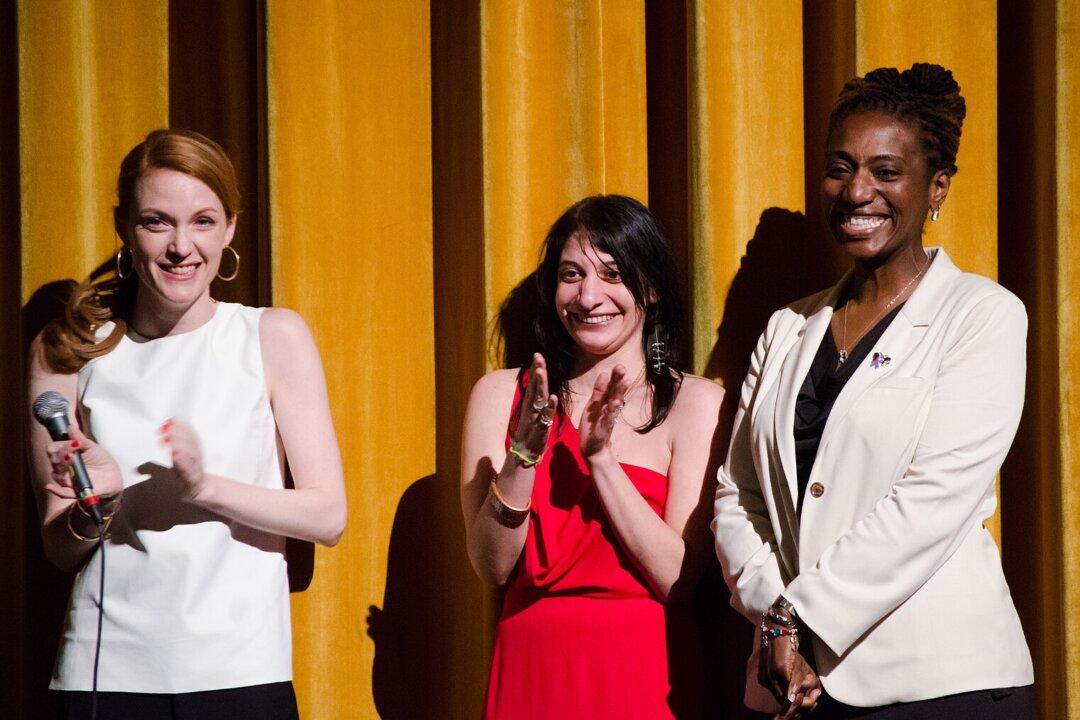For over 18 months, documentary filmmakers followed the journey of Janet Mino, a New Jersey special education teacher at JFK High School. She lovingly prepared her batch of young adults with special needs for graduation in 2012. Families, guardians, and care and education professionals call aging out of the school system “falling off the cliff” because of how vulnerable graduates are when they strike out on their own.
The film “Best Kept Secret” (2013), dwells on Mino’s classroom, but tells a wider tale of heroism. It shows teachers, administrators, and social workers working far beyond the call of duty, and showing extraordinary empathy toward people who are otherwise misunderstood, mistreated, or mocked. Click here for plot summary, cast, reviews, and ratings.





